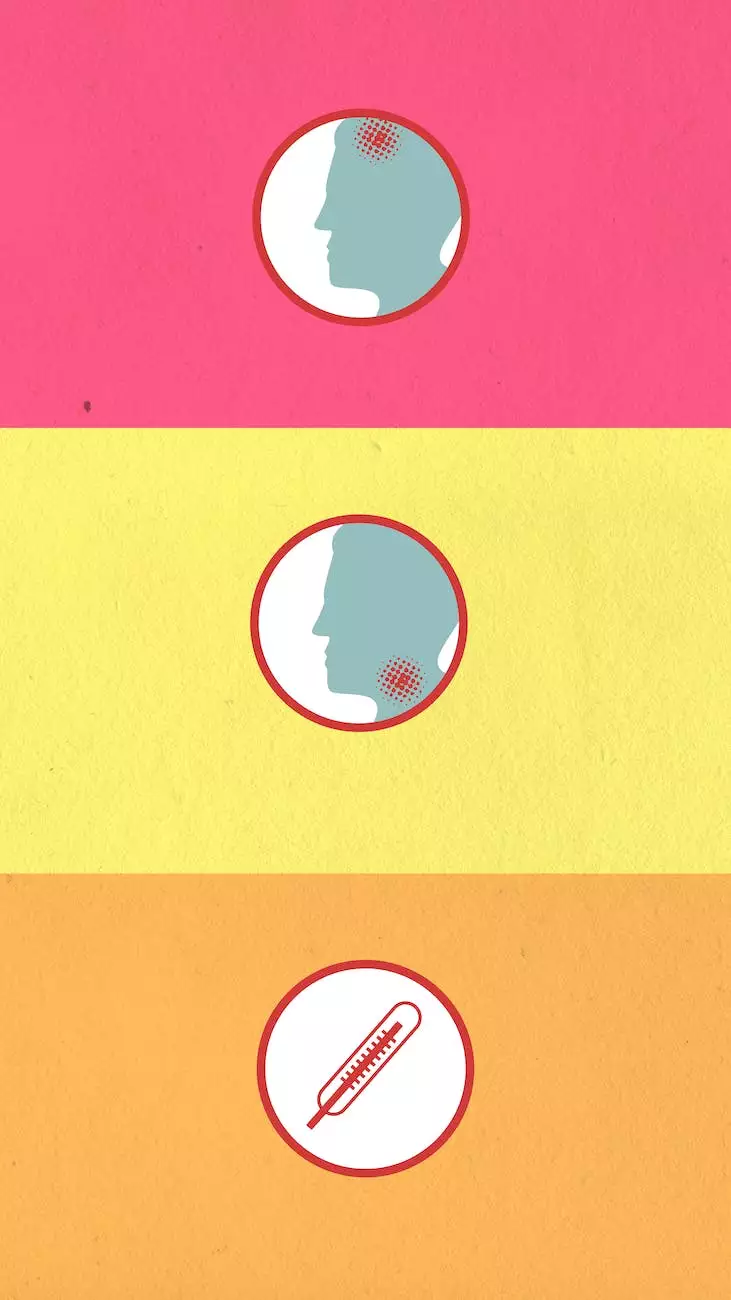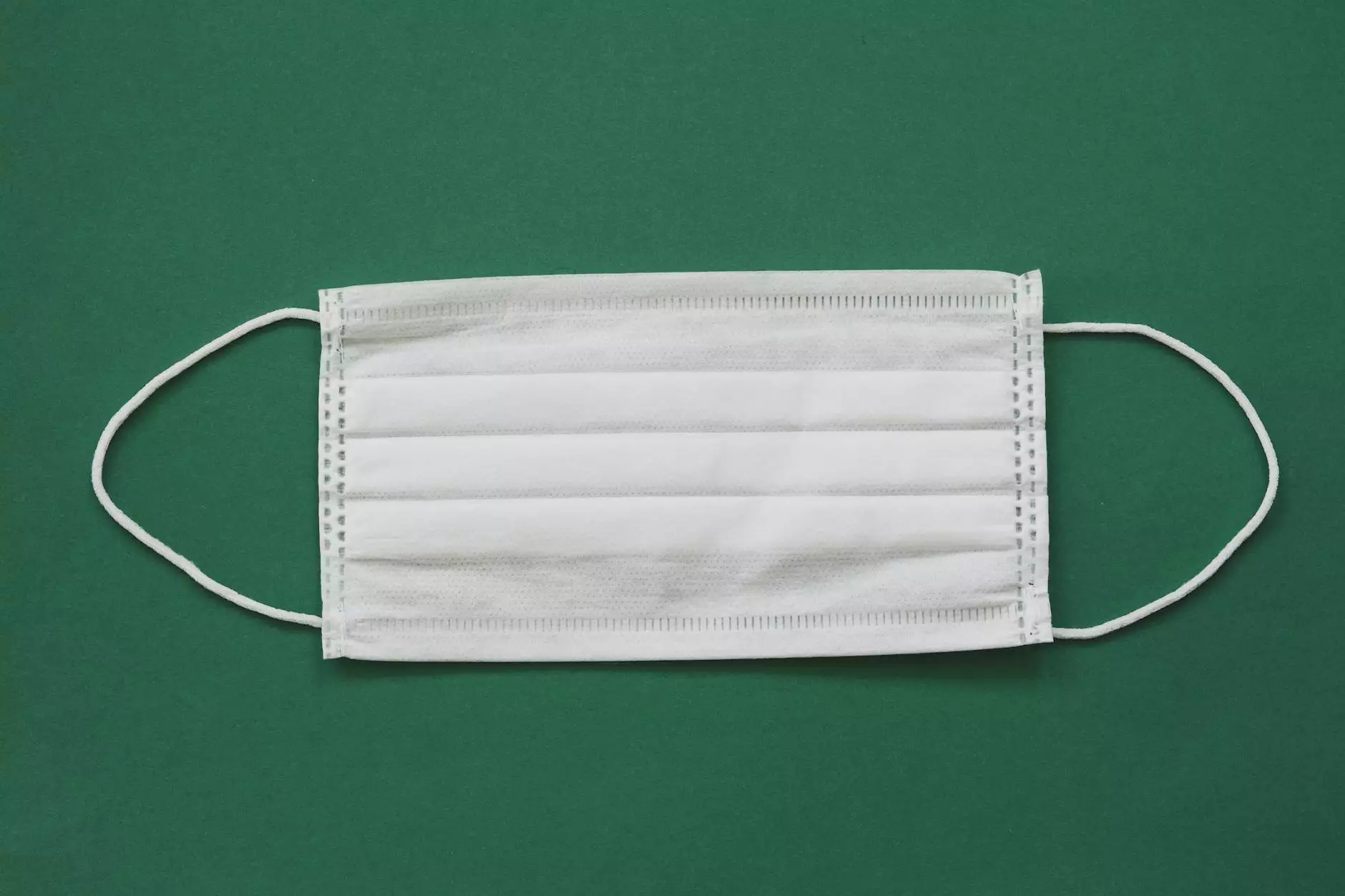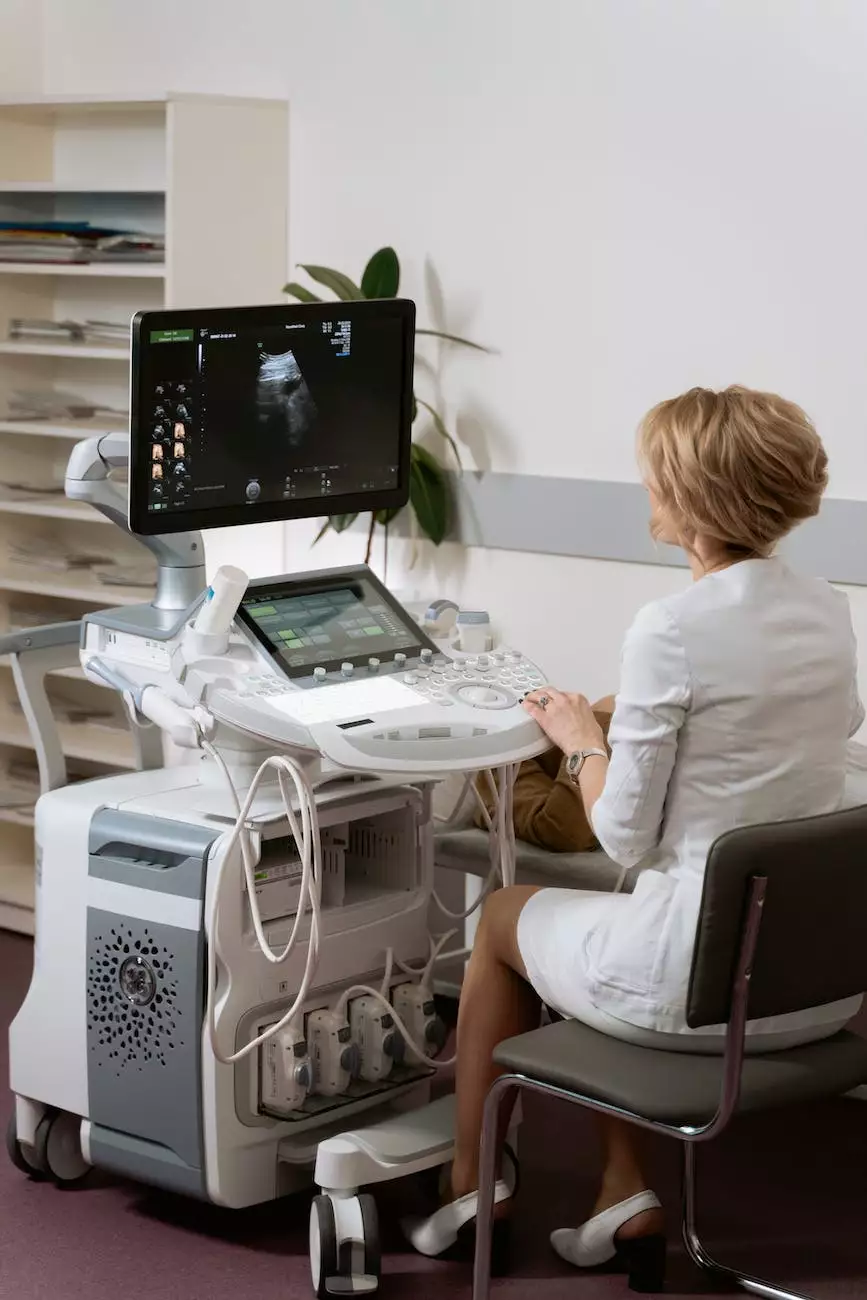Is my sore throat a sign of COVID-19?
Emergency Response
Sore Throat and COVID-19: Understanding the Connection
As the COVID-19 pandemic continues to affect individuals worldwide, it is crucial to understand the various symptoms associated with the virus. One common symptom that many people experience is a sore throat. In this comprehensive guide, we will delve deeper into the connection between sore throat and COVID-19, exploring the symptoms, causes, and treatment options available.
Symptoms of COVID-19 and Sore Throat
COVID-19 is caused by the novel coronavirus, SARS-CoV-2, and can lead to a range of symptoms. Although a sore throat may not always indicate COVID-19 infection, it is important to be aware of the potential link. Common symptoms of COVID-19 include:
- Fever and chills
- Cough and shortness of breath
- Fatigue and body aches
- Loss of taste or smell
- Headache and nasal congestion
- Nausea and diarrhea
- Sore throat
If you are experiencing a sore throat along with any of these symptoms, it is essential to contact a healthcare professional for guidance and testing.
Causes of Sore Throat related to COVID-19
The sore throat experienced in COVID-19 cases is typically caused by the inflammatory response of the immune system to the virus. The virus primarily enters the body through the respiratory system, affecting the throat, lungs, and other respiratory organs. The inflammation caused by the immune response can result in a sore throat, which can vary in severity from mild irritation to significant discomfort.
Diagnosis and Testing
Proper diagnosis and testing are crucial in determining whether a sore throat is a sign of COVID-19 or caused by another factor. If you are experiencing symptoms like sore throat, fever, or cough, you should contact a healthcare professional for guidance. They will recommend the appropriate testing methods, such as a nasal swab or throat culture, to confirm the presence of the virus.
Treatment Options for Sore Throat in COVID-19
While there is no specific cure for COVID-19, managing the symptoms, including a sore throat, can significantly improve the patient's comfort. The following treatment options may be recommended:
- Rest and hydration: Adequate rest and staying hydrated can help alleviate symptoms and support the body's immune response.
- Over-the-counter pain relievers: Non-steroidal anti-inflammatory drugs (NSAIDs) or throat lozenges may provide temporary relief from sore throat pain.
- Warm saltwater gargles: Rinsing the throat with warm saltwater can help reduce inflammation and provide relief.
- Humidifier or steam inhalation: Adding moisture to the air with a humidifier or inhaling steam from a hot shower can soothe the throat.
- Avoiding irritants: Refraining from smoking, exposure to secondhand smoke, and other irritants can prevent worsening of the sore throat.
It is important to note that these treatment options are general recommendations, and consulting with a healthcare professional is essential for personalized advice tailored to your specific condition.
Preventing the Spread of COVID-19
In addition to managing the symptoms, it is crucial to follow preventive measures to reduce the risk of COVID-19 transmission. These measures include:
- Wearing masks in public settings
- Maintaining social distancing
- Regular handwashing or sanitizing
- Avoiding large gatherings
- Following local health guidelines and regulations
By practicing these preventive measures and staying informed about the latest updates on COVID-19, we can work together to mitigate the spread of the virus.
Conclusion
A sore throat can indeed be a sign of COVID-19, but it is important to consider all symptoms and consult with a healthcare professional for an accurate diagnosis. Understanding the connection between sore throat and COVID-19, along with the available treatment options, can help individuals make informed decisions regarding their health. Remember to prioritize your health and follow the recommended preventive measures to ensure the well-being of yourself and those around you.




